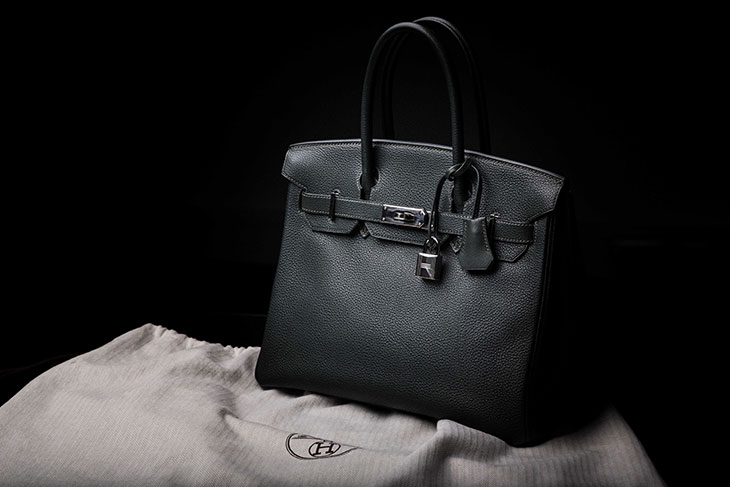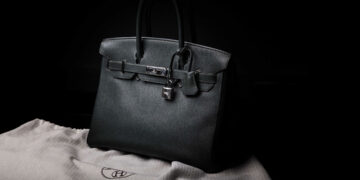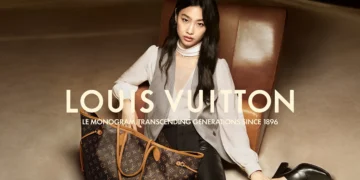
Hermès is facing a class action lawsuit in the United States, accused of a controversial sales practice known as “tying,” where customers were allegedly required to purchase unrelated items before being allowed to buy its coveted Birkin bags, according to Business of Fashion. This lawsuit, initiated by two shoppers from California, claims that Hermès’s strategy breaches US antitrust laws that prohibit forcing consumers to buy additional products as a condition of purchasing a desired item.
BAGS
The heart of the controversy surrounds the Birkin bag, a symbol of luxury and exclusivity. Critics argue that Hermès’s sales tactics not only restrict consumer freedom but also artificially inflate the status of the Birkin, turning it into an emblem of inaccessibility that contrasts sharply with modern values of transparency and inclusivity in luxury retail. This strategy raises questions about the balance between maintaining brand prestige and embracing ethical sales practices.
The complaint highlights a specific concern regarding Hermès’s sales approach, suggesting that the luxury brand’s policy compels buyers to invest in other categories like apparel and home decor, thus limiting consumer choice. It also points out the brand’s unique commission structure, which incentivizes sales associates to promote a broad range of products, excluding Birkins.
Hermès has consistently denied these allegations, emphasizing its commitment to fair sales practices. Nonetheless, the case draws attention to broader discussions about sales tactics in the luxury sector, paralleling debates around similar practices by other high-end brands, including allegations against Rolex dealers. This lawsuit puts a spotlight on the fine line between curated customer experiences and restrictive sales practices in the luxury goods industry.



















